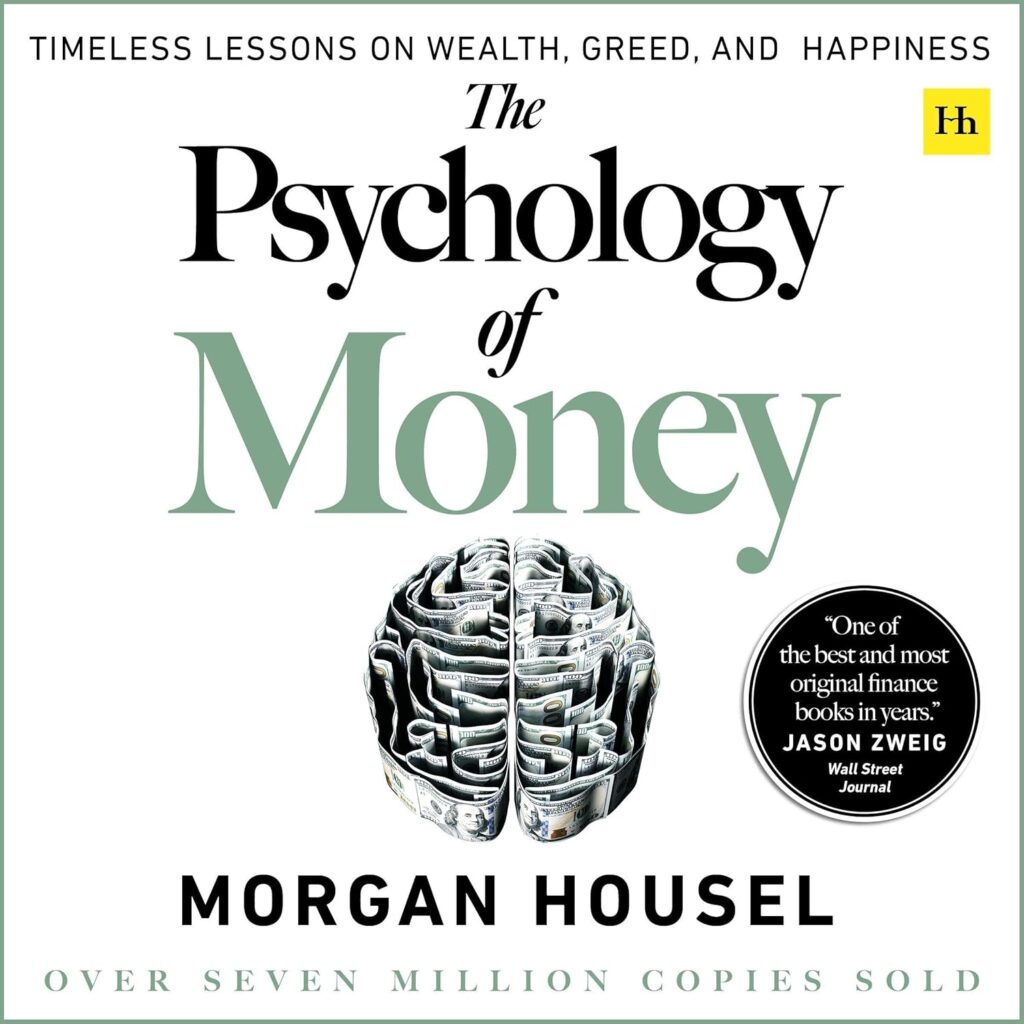The (the study of thinking and behavior) of Money: A Trip Through Wealth, Greed, and (getting what is wanted)
Money–it touches every part/face of our lives. It decides/figures out our choices, builds our dreams, and sometimes uses/eats/drinks/destroys our thoughts. The (basic, built-in, important qualities/scent) of understanding wealth goes beyond digits in a bank account. It researches/digs into feelings of love, hate, fear, etc., opinions/points of view, and the values we attach to it.
The Attitude/set of opinions of Wealth
Wealth isn’t only what you see. It’s what lies hidden–your savings, your toughness, your (point of view/way of behaving). Many people misunderstand wealth as a reflection of visible (oversupply/large amount). However, real/honest wealth often lies in invisible reserves–your (related to managing money) cushion, your freedom to choose a satisfying life. More than that, managing wealth is a skill, one driven by patience rather than sudden (unplanned) desire.
For instance, history has shown us how fortunes are lost because of greed, impatience, or even (the state of having no knowledge). It isn’t only about numbers; it’s an attitude/set of opinions.
The Difficult to notice/skillful Trap of Greed
Greed isn’t always loud. It’s a quiet whisper that convinces us that we need more–more money, more (things people own), more validation. Although desire to do great things can push us forward, unchecked greed pulls us into (unhappy disappointment). When we do not recognize enough, we set ourselves on a path of insatiable wants.
More than that, comparing our trip with others adds fuel to the fire of greed. Social media shows off success stories, but rarely does it show/tell about the hard work, mistakes, and sacrifices behind them. Without (thinking about and knowing about yourself), this leads to weird (because of wrong thinking) decisions and unnecessary risks.
Know more ===> Click Here
Happiness and Its Complex Bond with Money
Does money buy happiness? The answer isn’t simple, but here’s a (way of seeing things / sensible view of what is and is not important). Money provides the foundation–a sense of security, health, and comfort. However, beyond a certain point, its influence reduces. Studies show/tell about that experiences, relationships, and purpose often outshine richness when it comes to long-term satisfaction and happiness.
Interestingly, those who share their wealth often report higher levels of happiness. Help (by giving money, by sharing, etc.), whether through (generous kindness/organization that helps people) or acts of kindness, deepens our sense of purpose. Therefore, money must serve as a tool, not the destination.
Key Lessons on (related to managing money) (getting what is wanted)
1.Patience Pays : Building wealth is a long, difficult race, not a run. Avoid shortcuts and focus on (able to last/helping the planet) growth.
2.Avoid Comparison : Your trip is (like nothing else in the world). Measuring your success against others is an unfair game.
3.Celebrate Small Wins : Progress, no matter how modest, deserves recognition.
4.Prioritize Health : Wealth means little without well-being. Invest in both.
As we travel safely through our (related to managing money) paths, it’s very important to remember that money is a means, not an end. It’s about balance–balancing the pursuit of success with the joys of life. With (desire to do something on purpose) and wisdom, money becomes a force that gives power to, rather than (captures into slavery).
The Role of Emotional Intelligence in (related to managing money) Decisions
Feelings of love, hate, fear, etc. often drive our (related to managing money) choices, yet many do not recognize their impact. Decisions influenced by fear, excitement, or (believing you can do more than you really can) can lead to unexpected results. For instance, panic during market downturns causes people to sell investments (before it should). (in almost the same way), the thrill of a winning streak may push someone to gamble beyond their limits.
Developing emotional intelligence enables us to understand these triggers and respond thoughtfully rather than suddenly. When guided by clear and sensible thinking and (knowing about something), (related to managing money) decisions match up/make even more closely with long-term goals.
The Power of Simpleness in Money Management
Complex difficulty is attractive, but simpleness is freeing. Many chase high-risk investments, detailed (success plans/ways of reaching goals), and confusing (related to managing money) plans that promise wealth overnight. Yet, simple practices often produce the most consistent results. Saving regularly, sticking to a budget, and (making something as small as possible/treating something important as unimportant) (money owed) serve as basic (tall supporting posts/important parts) for (firm and steady nature/lasting nature/strength).
Also, simpleness applies to our spending habits. Instead of doing/participating in endless choices, putting in order of importance what truly matters creates clearness and happiness (from meeting a need or reaching a goal). It’s not about what you can buy–it’s about what brings you real/honest value.
Why Trust Matters in Wealth Creation
Trust is an underestimated currency in the world of finance. Whether it’s trust in yourself, your decisions, or your (related to managing money) advisor, it plays an important role in building (firm and steady nature/lasting nature/strength). People who lack self-confidence often wait to invest or spend intelligently. (in almost the same way), do not trust in advisors or institutions can lead to missed opportunities.
On the other hand, helping the development of trust in reliable relationships and institutions gives power to better decision-making. When you trust your abilities, you hug/support calculated risks instead of backing away/moving away into fear.
How Greed Breeds Complex difficulty
Greed grows and does well in the shadows of (unhappy disappointment). It whispers that having more will solve life’s problems. But the reality is, greed often complicates simpleness. The pursuit of endless wealth introduces risks, conflicts, and regrets that take away from true (getting what is wanted).
Fighting greed needs/demands careful awareness and thankfulness. By focusing on what you have rather than what you lack, you reclaim control and shift the focus back to life’s real/honest (things that are the most important).
Traveling safely through the Intersection of Wealth and Purpose
Wealth without purpose feels hollow. Many people chase wealth but find themselves asking, “What now?” Purpose changes wealth into a force for good. Those who match up/make even their (related to managing money) goals with their values experience deeper satisfaction and happiness. Whether it’s supporting causes, teaching others, or creating opportunities, (the result of deliberately planning and trying something) wealth leaves a (something given to future people).
Money can act as a multiplier for hit/effect. When held responsibly and (on purpose), it (helps) develop growth–not just for the individual, but for all people.
You Also Read +++> “TIMEWEAR Watch: Timeless Elegance Meets Unmatched Quality”



